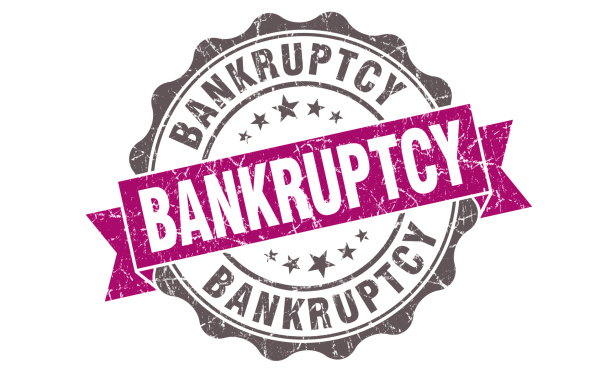Fraudulent transfer statutes like the Texas Uniform Fraudulent Transfer Act (TUFTA) generally provide an affirmative defense for transferees who can prove that they accepted a transfer in good faith and gave the debtor “reasonably equivalent value” in return. In the context of a failed Ponzi scheme, this defense may fall short if the goods or services provided by the transferee served to perpetuate the scheme in some way. In Janvey v. Golf Channel, 780 F.3d 641 (5th Cir. 2015), the U.S. Court of Appeals for the Fifth Circuit considered whether approximately $5.9 million in advertising fees accepted in good faith by the Golf Channel Inc. could be recovered as a fraudulent transfer by the court-appointed receiver of the failed Stanford International Bank Ponzi scheme. A three-judge panel of the court clarified that the threshold question of whether “value” was given under TUFTA must be answered from the standpoint of creditors, rather than from a market perspective, and held that “services furthering a debtor’s Ponzi scheme provide no value to the debtor’s creditors” as a matter of law. Accordingly, the court rejected Golf Channel’s affirmative defense, reversed the district court’s dismissal of the receiver’s complaint, and rendered judgment in favor of the receiver.
The Facts
For nearly 20 years, Stanford International Bank Ltd. and its affiliates operated a typical Ponzi scheme, targeting high-net-worth individual investors by promising astronomical returns on CDs. These high returns were paid with the fresh deposits of newly attracted investors. By the time the U.S. Securities and Exchange Commission uncovered the scheme in 2009, Stanford had pulled in more than $7 billion from its victims.
This content has been archived. It is available through our partners, LexisNexis® and Bloomberg Law.
To view this content, please continue to their sites.
Not a Lexis Subscriber?
Subscribe Now
Not a Bloomberg Law Subscriber?
Subscribe Now
LexisNexis® and Bloomberg Law are third party online distributors of the broad collection of current and archived versions of ALM's legal news publications. LexisNexis® and Bloomberg Law customers are able to access and use ALM's content, including content from the National Law Journal, The American Lawyer, Legaltech News, The New York Law Journal, and Corporate Counsel, as well as other sources of legal information.
For questions call 1-877-256-2472 or contact us at [email protected]



